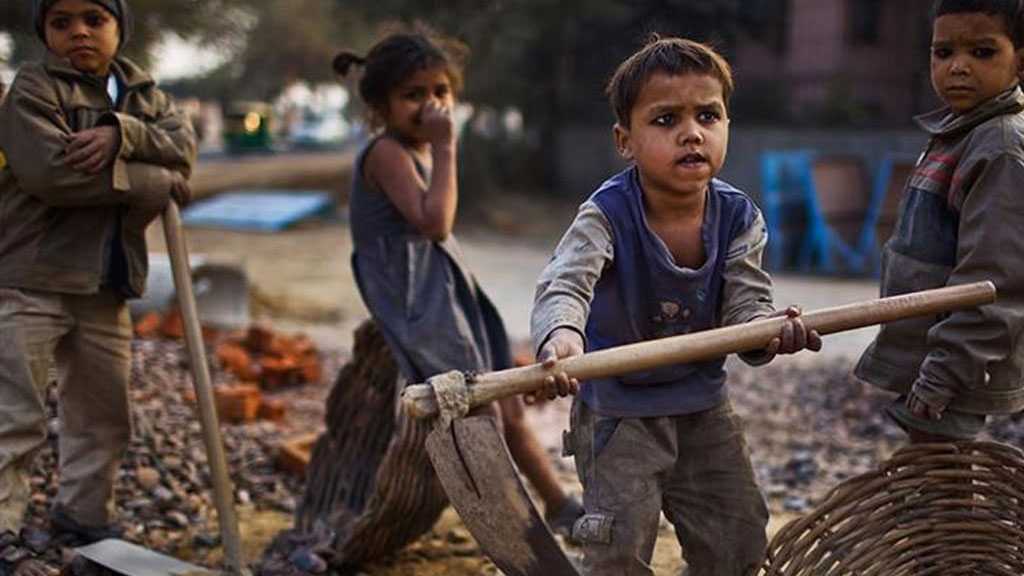50 Million People Worldwide Stuck In ‘Modern Slavery’ - UN

By Staff, Agencies
The number of people trapped in forced labor or forced marriage and other crises has swelled by a fifth in recent years to about 50 million on any given day, the United Nations’ International Labor Organization [ILO] said on Monday.
The study by the UN agencies for labor and migration along with the Walk Free Foundation found that at the end of last year, more than half of those had been forced to work against their will and the rest forced into marriage, the ILO said.
That means nearly one out of every 150 people in the world are caught up in modern forms of slavery, the report said.
Both came under its definition of modern slavery as they involved people who “cannot refuse or cannot leave because of threats, violence, deception, abuse of power or other forms of coercion,” it added.
The UN had set a goal to eradicate all forms of modern slavery by 2030, but the number of people caught up in forced labor or forced marriage ballooned by 10 million between 2016 and 2021, according to a new report.
The situation had been exacerbated by the COVID-19 pandemic, which worsened conditions and swelled debt levels for many workers, as well as armed conflicts and climate change, leaving people in extreme poverty and forcing more to migrate, the agency said.
“I think, by and large, that we simply relaxed our efforts. We’ve taken our eye off the ball when it comes to forced labor,” ILO Director General Guy Ryder told the Reuters news agency, calling for improvements in recruitment practices and labor inspections.
He said trade measures, such as a ban on products and imports made with forced labor currently under review by the European Union, could also help.
Modern slavery is present in basically every country, with more than half of cases of forced labor and a quarter of forced marriages in upper-middle-income or high-income countries.
“It would be a mistake to believe that forced labor is solely the problem of poor countries,” Ryder told the AFP news agency.
Migrant workers are more than three times as likely as locals to be affected, the ILO said.
Comments
- Related News




